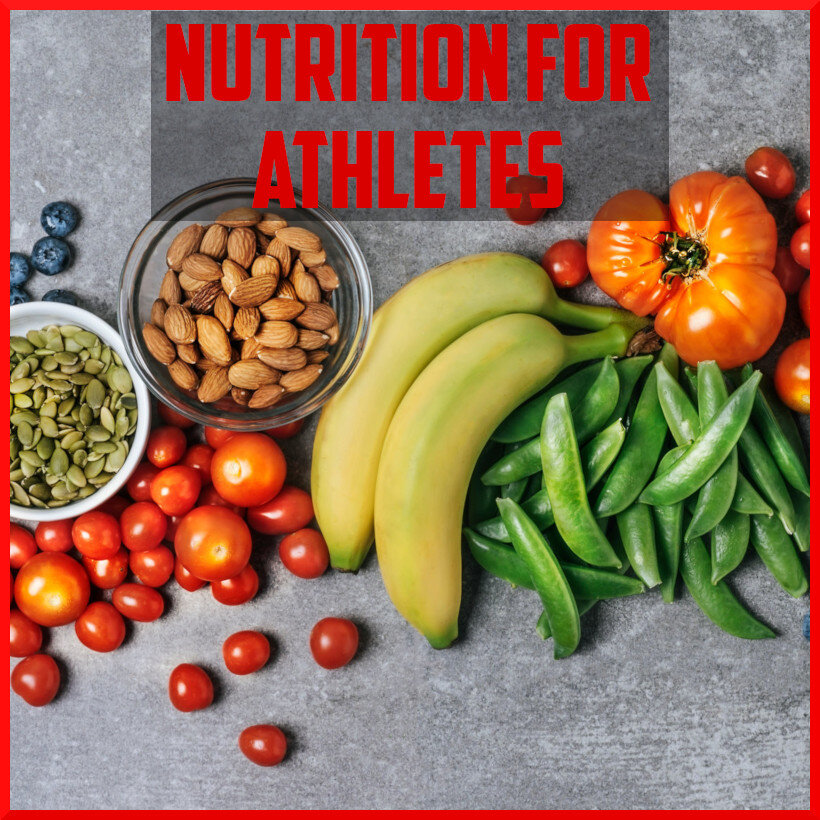Introduction:
In our fast-paced modern world, maintaining good health has become increasingly challenging. Amidst hectic schedules and endless food options, it’s easy to make unhealthy dietary choices. However, the key to maintaining optimal health and vitality lies in eating the right diet tailored to our individual needs. A one-size-fits-all approach to nutrition is outdated, and a personalized approach is the way forward. In this blog, we will explore the importance of eating the right diet for your body and how it can significantly impact your overall well-being.
Understanding Individual Nutritional Needs:
Each person’s body is unique, and therefore, their nutritional needs vary. Factors such as age, gender, metabolism, activity level, underlying health conditions, and even genetic makeup play significant roles in determining what constitutes an ideal diet for an individual. Consulting a qualified nutritionist or dietitian can be immensely helpful in assessing these factors and creating a personalized nutrition plan.
Balanced Nutrition:
Regardless of individual differences, certain principles apply universally when it comes to maintaining a healthy diet. A balanced diet should include a variety of nutrient-rich foods, such as:
- Fruits and Vegetables: Rich in vitamins, minerals, and antioxidants, they help strengthen the immune system, improve digestion, and reduce the risk of chronic diseases.
- Whole Grains: Provide essential carbohydrates, fiber, and energy, promoting digestive health and stabilizing blood sugar levels.
- Lean Proteins: Essential for building and repairing tissues, proteins also support immune function and hormone production. Sources include lean meats, fish, legumes, and plant-based proteins.
- Healthy Fats: Unsaturated fats found in nuts, seeds, avocados, and olive oil are crucial for heart health, brain function, and nutrient absorption.
- Water: Staying hydrated is essential for proper bodily functions, regulating body temperature, and aiding digestion.

The Pitfalls of Fad Diets:
Fad diets that promise rapid weight loss or other health benefits often gain popularity, but they rarely provide sustainable and healthy results. These diets usually focus on extreme restrictions or single out specific food groups, leading to nutrient deficiencies and potential health risks. Instead of chasing quick fixes, focus on adopting a balanced and sustainable eating pattern that suits your individual needs and preferences.
Mindful Eating:
Beyond what we eat, how we eat is also crucial. Mindful eating involves paying attention to hunger cues, eating slowly, and savoring each bite. This practice helps prevent overeating, aids digestion, and fosters a healthy relationship with food.
Avoiding Harmful Habits:
Apart from what we consume, certain harmful habits can significantly impact our health. These include excessive consumption of processed foods, sugary beverages, alcohol, and smoking. Minimizing or eliminating these habits can lead to remarkable improvements in overall health.
Listening to Your Body:
Ultimately, the most vital aspect of eating the right diet for your body is learning to listen to your body’s signals. Pay attention to how certain foods make you feel, and note any adverse reactions. Keep a food journal if necessary to identify patterns and potential food intolerances.
Conclusion:
Eating the right diet for your body is the foundation of good health and well-being. By focusing on personalized nutrition, balanced eating, and mindful habits, you can optimize you


